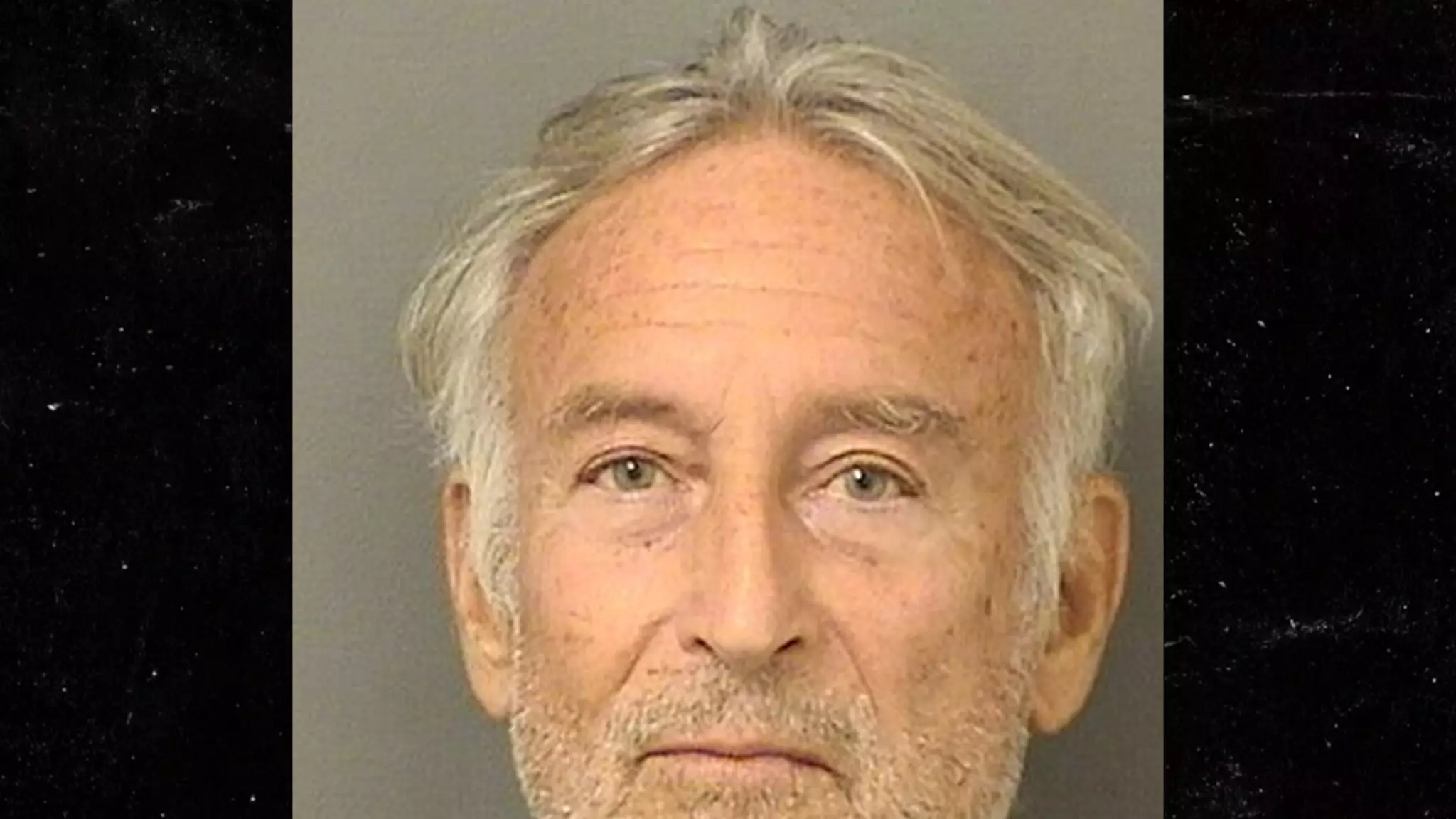In an unsettling reflection of our times, recent events have demonstrated how political rhetoric can spiral into dangerous territory, culminating in threats of violence that, just a few decades ago, would have seemed unthinkable. The case of Glenn DeCicco, a 73-year-old Florida man, exemplifies this phenomenon. His arrest for allegedly posting a threat against former President Trump on Facebook raises critical questions about the fine line between free speech and incitement to violence. DeCicco’s disheveled appearance, resembling a laid-back surfer rather than a hardened criminal, starkly contrasts with the gravity of his alleged actions, serving as a reminder of how easily anyone can succumb to extremist thoughts fueled by polarizing political discourse.
The Casual Nature of Violent Threats
DeCicco’s choice of words—stark phrases like “Ass-ass-inate!”—suggests not only a blatant disregard for the law but also a casualness that is chilling. This flippancy toward violence can be alarming, especially as political tensions escalate in time of heightened divisiveness. The phrase “Winning strategy: buy QQQ today, sell SQQQ today; shoot Trump tomorrow,” serves as a jarring juxtaposition to routine stock market advice, showcasing how political frustrations can manifest in threats that might otherwise be dismissed as mere internet bravado. The internet, once a platform for free expression, increasingly showcases a darker side, revealing individuals who seem to regard threats as mere comments rather than alarming proclamations.
The Role of Law Enforcement and Public Safety
The response from law enforcement in this incident underscores the seriousness with which these threats must be treated. Officers swiftly acted on a tip-off, indicating a proactive approach to safeguarding public safety. Upon visiting DeCicco’s residence, their assessment determined he was agitated and potentially dangerous, providing grounds for necessary intervention. The involvement of the Secret Service amplifies the severity of these threats, illustrating how such rhetoric can deviate from harmless controversy to immediate public concern. The judge’s ruling to detain DeCicco without bond reflects the legal system’s recognition of the potential consequences that ill-advised actions can harbor.
Implications for Political Discourse
DeCicco’s case is not an isolated event; it aligns with a disturbing trend wherein social media serves as a platform for radical ideas and violent thinking. When such sentiments are shared, they contribute to a culture of fear and mistrust that can encroach upon democratic processes. The fact that two prior assassination attempts have been made against Trump highlights an urgent need for society to reassess how political expression is communicated and moderated online. As political climate continues to deteriorate, there’s a pressing responsibility for individuals to consider the ramifications of their words, not just in terms of potential legal consequences, but in how they shape societal norms and values.
A Call for Deeper Reflection
Ultimately, situations like DeCicco’s compel us to confront the uncomfortable reality of our current political landscape. The normalization of violent rhetoric in exchange for political discourse threatens to lead society down a dangerous path. Our collective values, the boundaries of acceptable expression, and the repercussions for crossing those lines require unwavering scrutiny. Addressing these issues can no longer be relegated to peripheral discussions; they warrant our immediate attention for the sake of democratic integrity and public safety.

